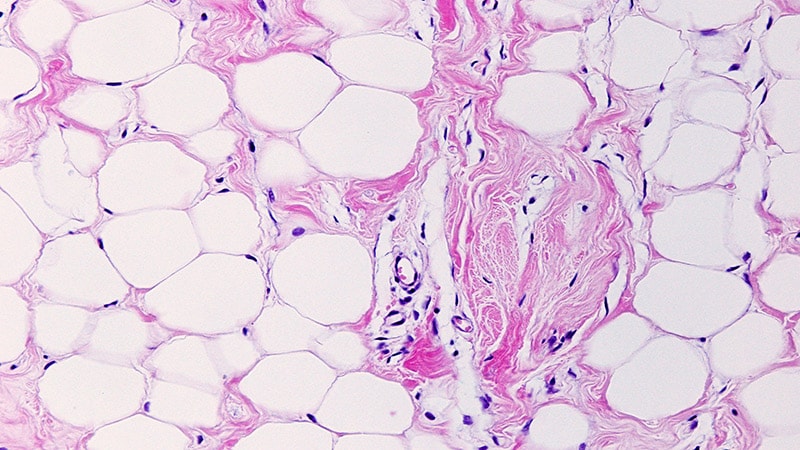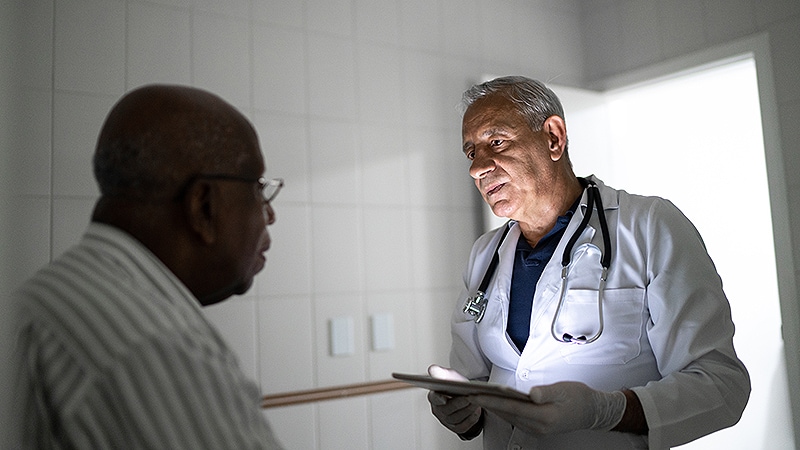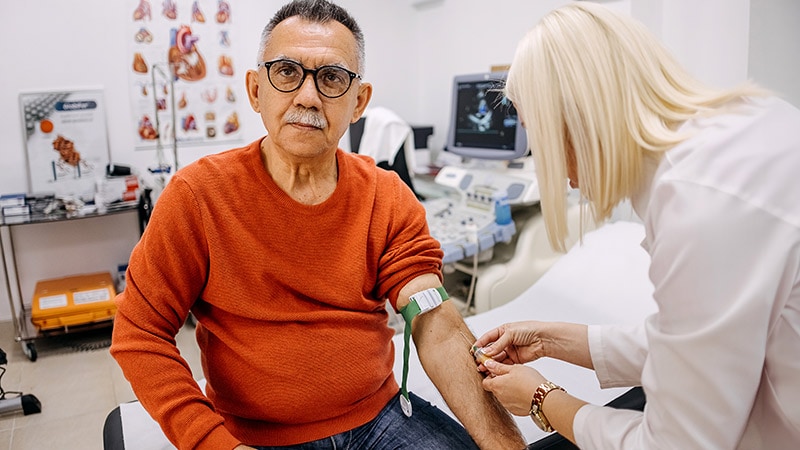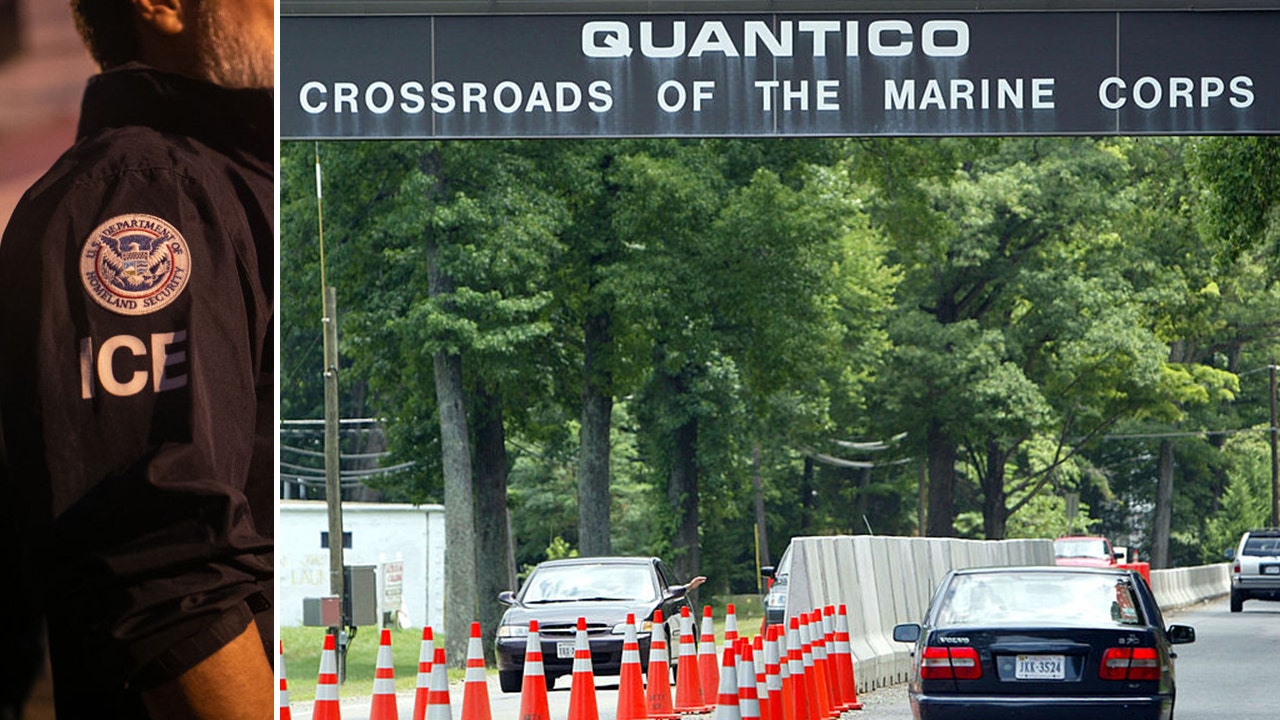PHOENIX — Immunotherapy has revolutionized outcomes for patients with metastatic Merkel cell carcinoma (MCC). However, findings from a new study suggest that many patients who are eligible for immunotherapy are not receiving this treatment, despite guideline recommendations, and survival outcomes are better at high-volume centers.
The study has important implications, commented study author Shayan Cheraghlou, MD, an incoming fellow in Mohs surgery at NYU Grossman School of Medicine, New York City. "We can see that in a real-world setting, these agents have an impact on survival," he said. "We also found high-volume centers were significantly more likely to use the agents than low-volume centers."
Cheraghlou presented the findings at the annual meeting of the American College of Mohs Surgery.
MCC is a neuroendocrine skin cancer with a high rate of mortality, and even though it remains relatively rare, its incidence has been rising rapidly since the late 1990s and continues to increase. There were no approved treatments available until 2017, when the US Food and Drug Administration approved the immunotherapy drug avelumab (Bavencio) to treat advanced MCC. Two years later, pembrolizumab (Keytruda) also received regulatory approval for MCC, and these two agents have revolutionized outcomes.
"In clinical trial settings, these agents led to significant and durable responses, and they are now the recommended treatments in guidelines for metastatic Merkel cell carcinoma," said Cheraghlou. "However, we don't have data as to how they are being used in the real-world setting and if survival outcomes are similar."
Real World vs Clinical Trials
Real-world outcomes can differ from clinical trial data, and the adoption of novel therapeutics can be gradual. The goal of this study was to see if clinical trial data matched what was being observed in actual clinical use and if the agents were being used uniformly in centers across the United States.
The authors used data from the National Cancer Database that included patients diagnosed with cancer from 2004 to 2019 and identified 1017 adult cases of metastatic MCC. They then looked at the association of a variety of patient characteristics, tumors, and system factors with the likelihood of receiving systemic treatment for their disease.
"Our first finding was maybe the least surprising," he said. "Patients who received these therapeutic agents had significantly improved survival compared to those who have not."
Those who received immunotherapy had a 35% decrease in the risk for death per year compared with those who did not. The 1-, 3-, and 5-year survival rates were 47.2%, 21.8%, and 16.5%, respectively, for patients who did not receive immunotherapy, compared with 62.7%, 34.4%, and 23.6%, respectively, for those who were treated with these agents.
Cheraghlou noted that they started to get some "surprising" findings when they looked at utilization data. "While it has been increasing over time, it is not as high as it should be," he emphasized.
From 2017 to 2019, 54.2% of patients with metastatic MCC received immunotherapy. The data also showed an increase in use from 45.1% in 2017 to 63.0% in 2019. "This is an effective treatment for aggressive malignancy, so we have to ask why more patients aren't getting them," said Cheraghlou.
Their findings did suggest one possible reason, and that was that high-volume centers were significantly more likely to use the agents than low-volume centers. Centers that were in the top percentile for MCC case volume were three times as likely to use immunotherapy for MCC compared with other institutions. "So, if you have metastatic Merkel cell carcinoma, and go to a low volume center, you may be less likely to get potential lifesaving treatment," he noted.
Implications Going Forward
Cheraghlou concluded his presentation by pointing out that this study has important implications. The data show that in a real-world setting, these agents have an impact on survival, but all eligible patients do not have access. "In other countries, there are established referral patterns for all patients with aggressive rare malignancies and really all cancers," he added. "But in the US, cancer care is more decentralized. Studies like this and others show that high-volume centers have much better outcomes for aggressive rare malignancies, and we should be looking at why this is the case and mitigating these disparities and outcomes."
Commenting on the study results, Jeffrey Farma, MD, Interim Chair, Department of Surgical Oncology, Fox Chase Cancer Center, Philadelphia, referred to the two immunotherapies that have been approved for MCC since 2017, which have demonstrated a survival benefit and improved outcomes in patients with metastatic MCC. "In their study, immunotherapy was associated with improved outcomes," said Farma. "This study highlights the continued lag of implementation of guidelines when new therapies are approved, and that for rare cancers like Merkel cell carcinoma, being treated at high-volume centers and the regionalization of care can lead to improved outcomes for patients."
Cheraghlou had no disclosures. Farma had no disclosures.
Roxanne Nelson is a registered nurse and an award-winning medical writer who has written for many major news outlets and is a regular contributor to Medscape.

.webp) 1 week ago
5
1 week ago
5




























 English (US)
English (US)